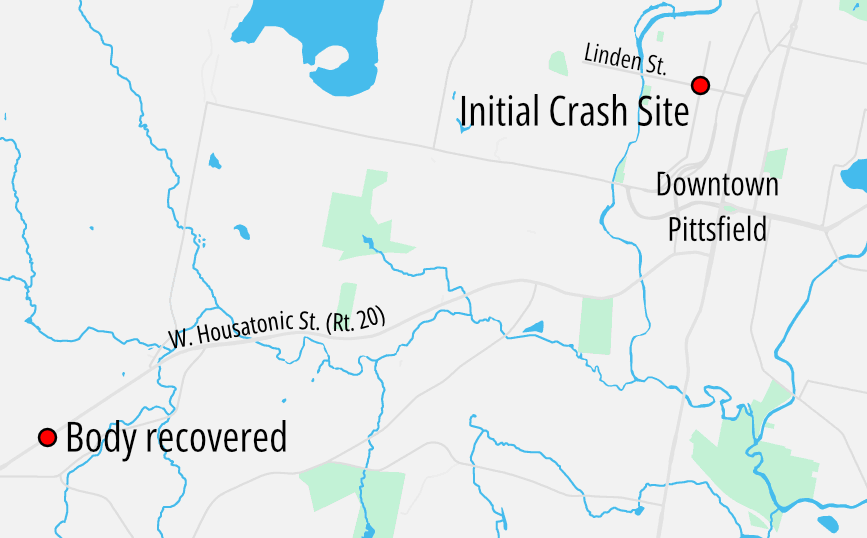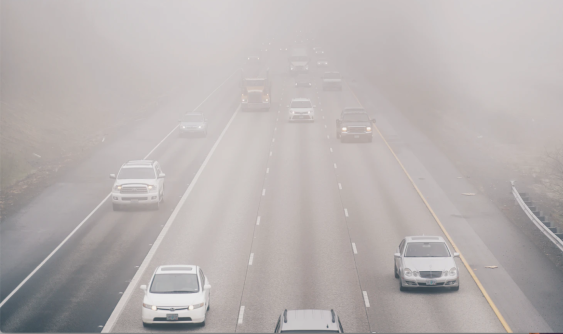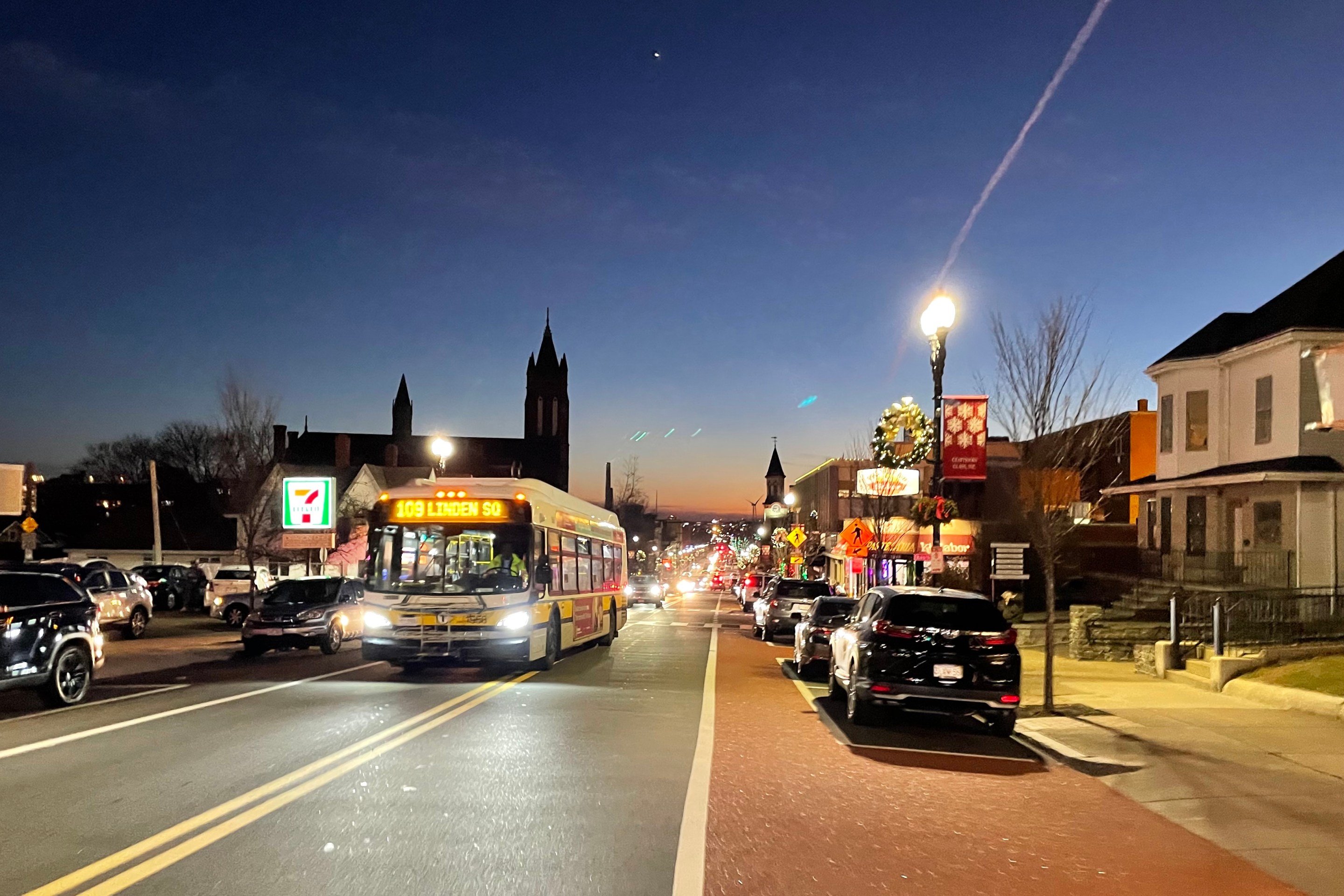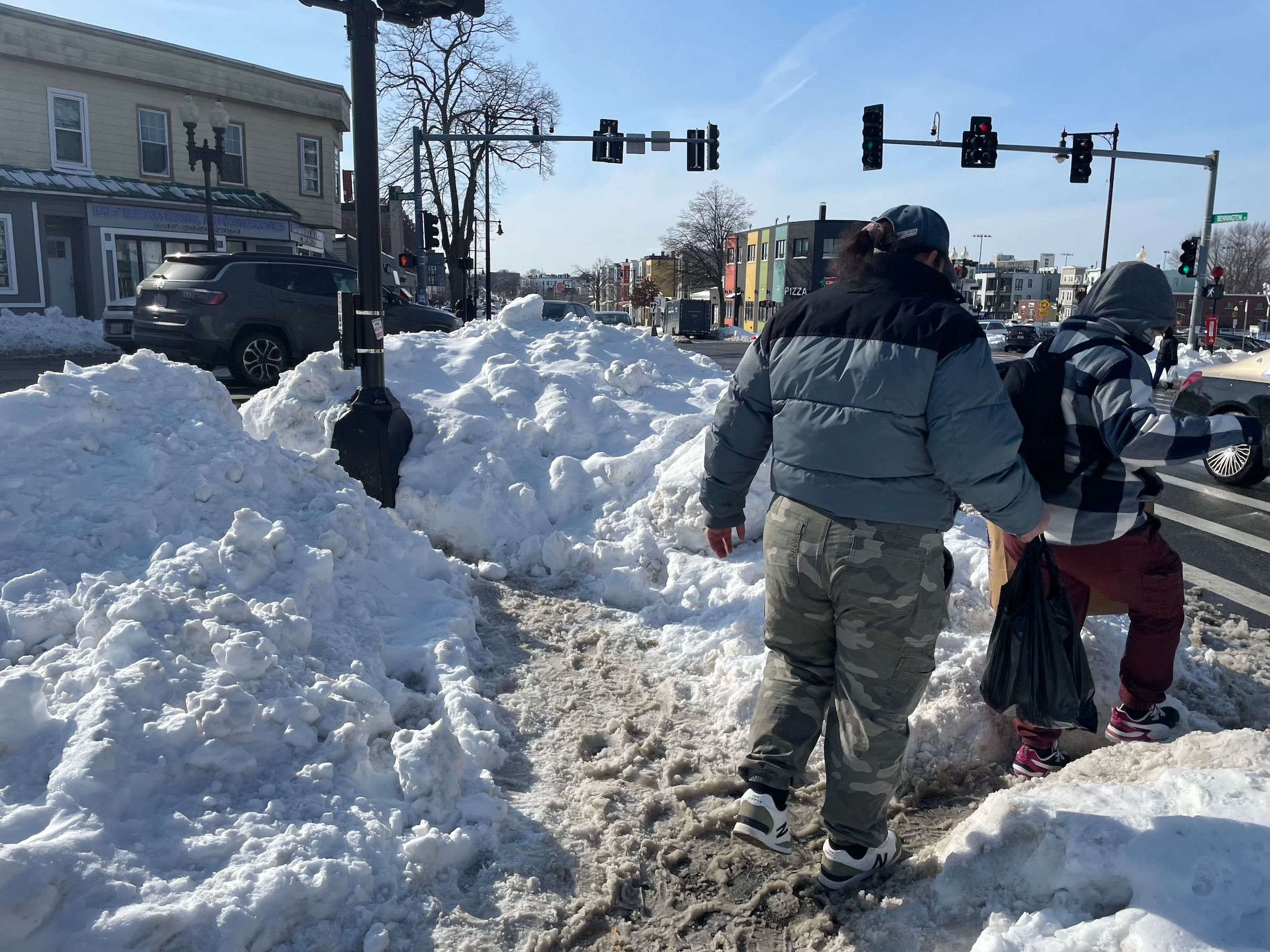Earlier this month, tech company BusPatrol posted a video of drivers in Peabody recklessly speeding past school buses that had been stopped to drop off and pick up children.
Peabody Public Schools has been partnering with BusPatrol over the course of the last school year, following three separate incidents in the fall of 2022 where several students were hit by drivers passing the school buses they were getting on and off.
In this pilot, BusPatrol installed cameras on 10 school buses used across the district. From September 2023 to May 2024, BusPatrol reported 3,412 instances where those driving cars did not stop for the school buses, amounting to 2.3 illegal passes per bus per day, or 20.3 total illegal passes per day.
In just the first five weeks of the school year, over 800 vehicles failed to stop for school buses and the students in them, equating to 3.6 violations per bus per day.
Additional cameras coming to Salem
On the local level, advocates like “S.T.O.P - Stop the Operator from Passing” founder Maria Scheri are alarmed by this news. She began raising awareness on the issue in 2022 with a Change.org petition, and infers from the findings of this video that illegal passes like these not only have persisted but also are happening in “every city and town”.
She stresses that advocates across the state that are also concerned by this news must "speak up to hold drivers accountable."
Salem Public Schools just announced last week that they will be partnering with BusPatrol as well, installing AI-powered cameras on every bus in order to collect data and conduct a study on these illegal passings.
Salem Mayor Dominick Pangallo is in favor of the pilot, committing to the city's Vision Zero goals, “especially for students and children.”
New legislation focused on cameras for school and transit buses
For now, those cameras can only idly watch while drivers break the law. Current Massachusetts law prohibits cities from using cameras to send fines to dangerous drivers, even though camera-based traffic enforcement has a robust record of improving safety in other jurisdictions.
According to BusPatrol, at least 27 other states have legalized school bus stop-arm enforcement programs.
On Beacon Hill, several versions of a bill that would legalize similar technology here have been in the legislature since February of last year.
In the Senate, An Act Enhancing School Bus Safety, or S.2600, aims to improve and support the safety of all riders on both school buses and public transit buses.
Bill S.2600 calls for each school bus to be equipped with at least two sensors with radar, video, sound, or infrared technology that can detect and notify the bus driver operator (through an audible and visual alert within the bus) of the presence of any people nearby while the bus is stopped to pick up and drop off students. Drivers would also receive new trainings on student pickup and dropoff.
In addition, Bill S.2600 would help transit agencies keep unauthorized vehicles out of dedicated bus lanes. MBTA buses and bus stops would be equipped with camera technology to capture instances of motor vehicles (except emergency vehicles) parking, standing, or obstructing a designated bus lane, and deliver fines that range between $25 and $125.
Violations caught on cameras would not affect drivers’ records, and there would be an optional appeal process to contest issuance of the fine.
The bill also includes privacy safeguards, with the bill ensuring that bus camera photos will not be made public, and will only be used for law enforcement purposes.
Finally, this bill would require, a public annual report including data on the number and location of camera enforceable violation fines issued, and social and racial equity considerations.
Unlike drivers near school buses, Beacon Hill is moving slowly
While the City of Boston has not taken a formal position on S.2600, Chief of Streets Jascha Franklin-Hodge expressed support for a similar bill, H.3393, An Act Relative to Automated Enforcement.
Franklin-Hodge told StreetsblogMASS that automated enforcement provides a “scalable, objective, and effective mechanism to ensure our infrastructure works as designed,” and “helps prevent fatalities and injuries caused by drivers who speed or run red lights, particularly near schools and other community gathering spaces.”
Sen. William Brownsberger, who has sponsored other unsuccessful automated enforcement bills in years past, said that “we need better road law-enforcement, to protect everyone – drivers, cyclists, pedestrians. The only way we can really expand our reach today is through automated enforcement. I think automated enforcement is appropriate for many purposes, but a great start is enforcing bus lanes.”
He also shared that has also proposed a broader bill calling for an equitable ten community pilot program to improve traffic safety, but would be happy with “any progress that we can make in this session.”
Rep. Steve Owens echoed this sentiment, sharing his hopes “that the bill moves forward!”
The bill was last reported favorably by the committee on Transportation and was referred to the committee on Senate Ways and Means in March of this year.
StreetsblogMASS will continue sharing updates on the status and development of these bills, which face a July 31 deadline for action before the Legislature ends its formal sessions for this term.





